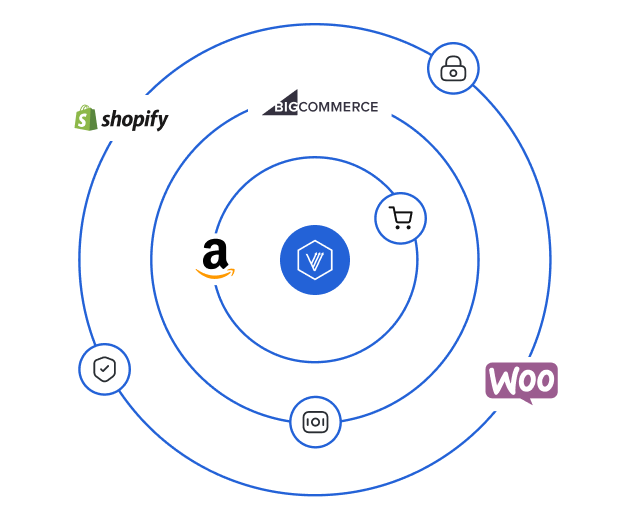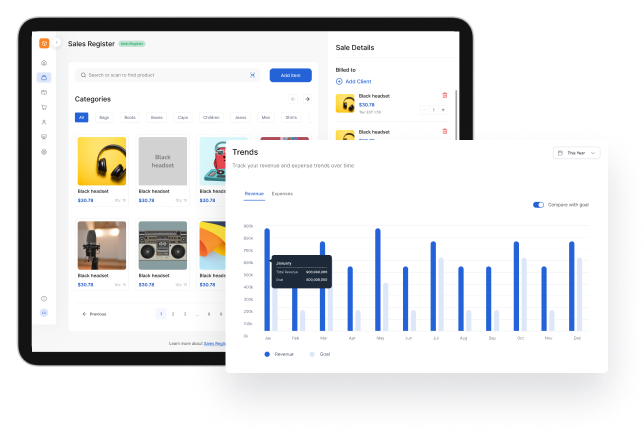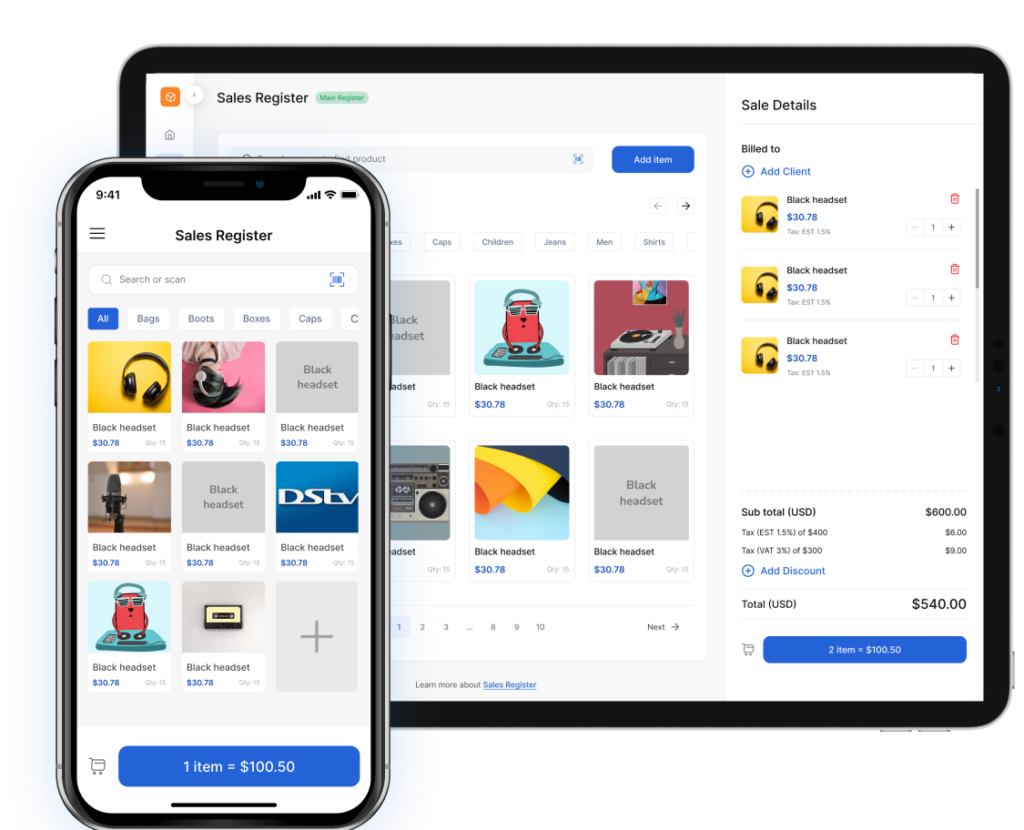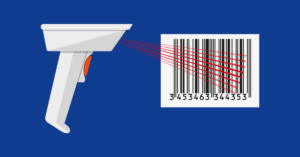In the competitive landscape of retail, the way you manage sales can make or break your business. From inventory management to customer feedback, mastering the nuances of retail sales is vital for long-term success. In this article, we’ll dive into what retail sales entail, share ten best practices, and highlight how Vencru can elevate your sales management.
What are Retail Sales?
Retail sales involve selling consumer goods and services to end-users. Unlike wholesale, where goods are sold in large quantities, retail sales target individual consumers, often in brick-and-mortar stores, e-commerce platforms, or pop-up shops.
Retail Sales are the heartbeat of the consumer economy, indicating spending trends and economic health. For example, in the US, retail sales accounted for 5.8% of GDP in 2023.
8 Best Practices for Managing Retail Sales
1. Understand Your Customer:

Knowledge is power, especially when it’s about your customers. Your sales strategy will align seamlessly when you understand your customer’s desires and pain points. Once you understand your customer needs, you can tailor offerings, enhancing customer loyalty and sales. For instance, a boutique that identifies an eco-conscious trend among its clientele might introduce a sustainable fashion line, catapulting its sales.
One common misstep is assuming all customers have the same preferences. Regularly talk with customers to understand why they patronize your business to avoid this misstep. In addition, analyze sales data to recognize patterns (e.g., review Sales by Product reports).
2. Manage your inventory levels

Picture this: A surge in demand for a particular bestseller book, but your bookstore is out of stock. Another example is your store shelves are overflowing with unsold seasonal items. Both scenarios are a retailer’s nightmare. It’s important to strike a balance, ensuring your inventory levels sync with customer demand. You can avoid the pitfalls of overstocking and stockouts by reviewing your past sales and using real-time inventory tools to track stock levels.
3. Monitor your price points:

Pricing is too high or too low without considering market trends and can decrease your sales or profit margin. It is important to regularly benchmark against competitors and ensure your pricing offers value while covering costs. It is also essential to constantly monitor vendor prices to guard against the rising cost of products that could reduce your profit. Using vendor and inventory management tools can help you keep track of your sales and cost prices.
4. Offer practical sales training:

Your sales staff is the frontline of your retail store. An electronics store employee who can passionately talk about the nuances of a newly launched gadget becomes an asset. But, without proper training, they could be driving customers away. Continuous and in-depth training sessions, encompassing both product knowledge and soft skills, are non-negotiable.
5. Diversify your sales channels:

Avoid relying heavily on a single sales channel (e.g., social media). Striking a balance between in-store, online, and alternative sales channels can help tap into broader audiences.
One pitfall to avoid is creating silos between your online and offline sales channels. For example, not having one true data on the inventory level across all your sales channels. This can result in overselling and frustration with customers.
An integrated inventory management system that syncs your e-commerce sales with your physical store will prevent this issue. Resulting in a consistent and delightful customer experience.
6. Leverage Technology:

It is essential to embrace technology. Embracing technology, from AI to modern POS systems, can transform your retail game. For example, a grocery store can implement a POS system that integrates sales data with inventory management and automates reporting. Thus, the business owner can have access to insights into customer needs and sales performance and identify ways to grow
7. Address Customer Feedback:
Your customers can be your most honest critics and advisors. A cafe tweaking its menu based on patron feedback might discover its next bestseller dish. However, paying attention to customer feedback can be beneficial. This is because, in retail, change is the only constant. Being rigid or not staying updated can lead to missed opportunities. You can avoid this by actively engaging with clients, establishing feedback channels, and acting on the feedback are your keys to continuous improvement.
8. Focus on Upselling and Cross-Selling:
The art of suggestive selling can amplify your sales manifold. A customer buying a laptop being introduced to a top-rated software package is classic upselling. However, aggressive or irrelevant suggestions can backfire. The secret sauce? Genuine recommendations rooted in customer needs. Training staff to make genuine recommendations based on customer needs and less about hitting goals is also essential.
How Vencru Can Help You Manage Retail Sales Better:

Vencru is your comprehensive solution for effective retail sales management. Here’s how Vencru can enhance your sales processes:
- Unified Sales Data: Vencru consolidates all your sales data, from physical stores, e-commerce platforms, or other sales channels, into one centralized location. This unified view simplifies sales analysis and decision-making.
- Real-time Inventory Tracking: Vencru’s inventory management tools provide real-time insights into stock levels, ensuring you never run out of popular items or overstock slow-moving products.
- Sales Analytics: Gain access to in-depth sales reports and analytics. Vencru’s reporting features help you identify sales trends, top-performing products, and customer preferences, allowing you to make data-driven decisions.
- Effortless Invoicing: Generate professional invoices quickly and accurately. Vencru allows you to send invoices directly to customers, accept online payments, and track outstanding payments effortlessly.
- Multi-Channel Sales Integration: Manage sales from various channels, including e-commerce platforms like Shopify, in one place. Vencru integrates seamlessly with multiple sales channels, simplifying order processing.
- Inventory Valuation and Accounting: Vencru automates inventory valuation and retail accounting, saving time and reducing errors. Automatically generate financial statements, journal entries, and cost of goods sold calculations.
In conclusion, effective retail sales management requires a combination of best practices, data-driven decision-making, and the right tools. Vencru empowers retailers with the tools to optimize sales processes, manage inventory efficiently, and make informed decisions to boost profits.








